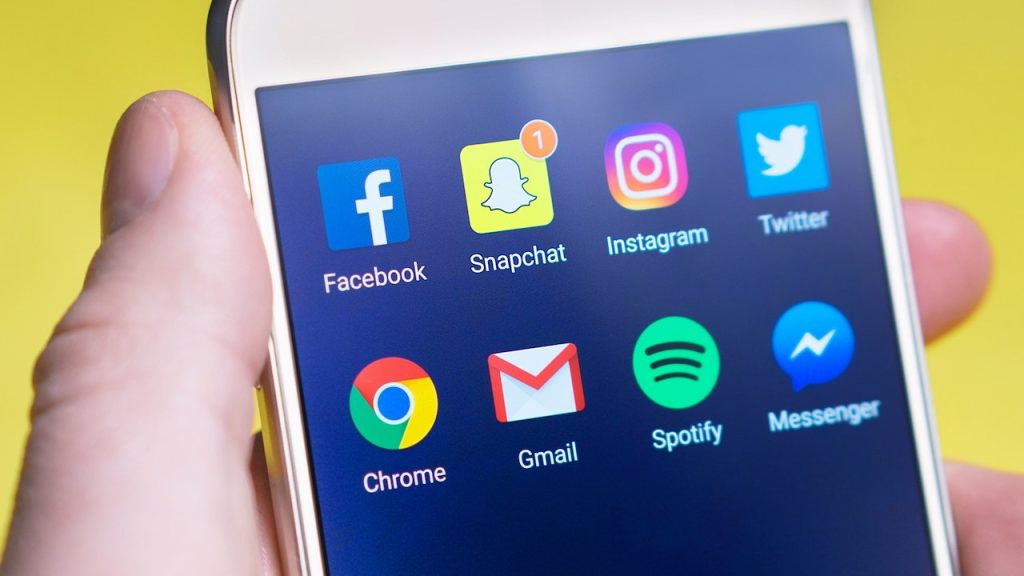Generation Z has encountered the Internet from an early age. For that reason, that generation is known as the world’s first “digital natives.” Are digital technologies and Generation Z a match made in heaven? What defines the evolving interaction between teens, young adults, and the Internet, and is it a one-way or a two-way relationship?
Generation Z Individuals’ Lives Revolve Around Social Media
Social media plays a central role in the daily lives of teens and young adults. ExpressVPN survey casts light on Generation Z’s obsession with social media. The findings are quite disconcerting: a whopping 86% of the individuals in the survey say social media directly impacts their happiness.
For better or worse, social media functions as oxygen for many teens and young adults. 20% would demand more than one million dollars to delete their most popular social media accounts. Also, more than a third would never date someone without a social media presence.
Generation Z is also Influencing the Social Media Market

The relationship between Generation Z and social media is symbiotic. Teens and young adults are also influencing the development of the social media market. The social media giant Meta struggles to attract the young generation. Generation Z is abandoning traditional social media channels like Facebook and Twitter. “Social media isn’t dying; it’s simply evolving. And Gen Z is driving the change,” said media analyst Jasmine Enberg.
While TikTok is still very popular among many teens, generation Z is already eyeing new social media platforms such as Gas, Fizz, and Geneva. These media channels connect smaller and more intimate groups with shared interests.
Generation Z is Most Responsive to Online Marketing Campaigns
As digital natives, Generation Z individuals feel at home in the digital environment. Surveys by Criteo reveal that generation Z individuals are most likely to respond positively to digital ads. Younger consumers are more likely to buy products displayed online than older consumers are. Some 59% of Generation Z and Millennials answered that they buy products recommended online. By contrast, only 48% of Generation X and 40% of the boomer generation said they would buy products based on digital ads. The purchasing power of Generation Z is growing. Marketers, thus, need to pay close attention to the changing digital preferences among young consumers. Young digital natives are emerging as both crucial online consumers and influencers. The next generation of advertising should thus pay attention to the evolving digital patterns of Generation Z.
Final Remarks
Teens and young adults from Generation Z are the world’s first digital natives. Social media channels play a central role in the lives of Generation Z. At the same time, teens and young adults are driving the future development of social media. Young consumers are far more likely to buy products advertised in digital media.











